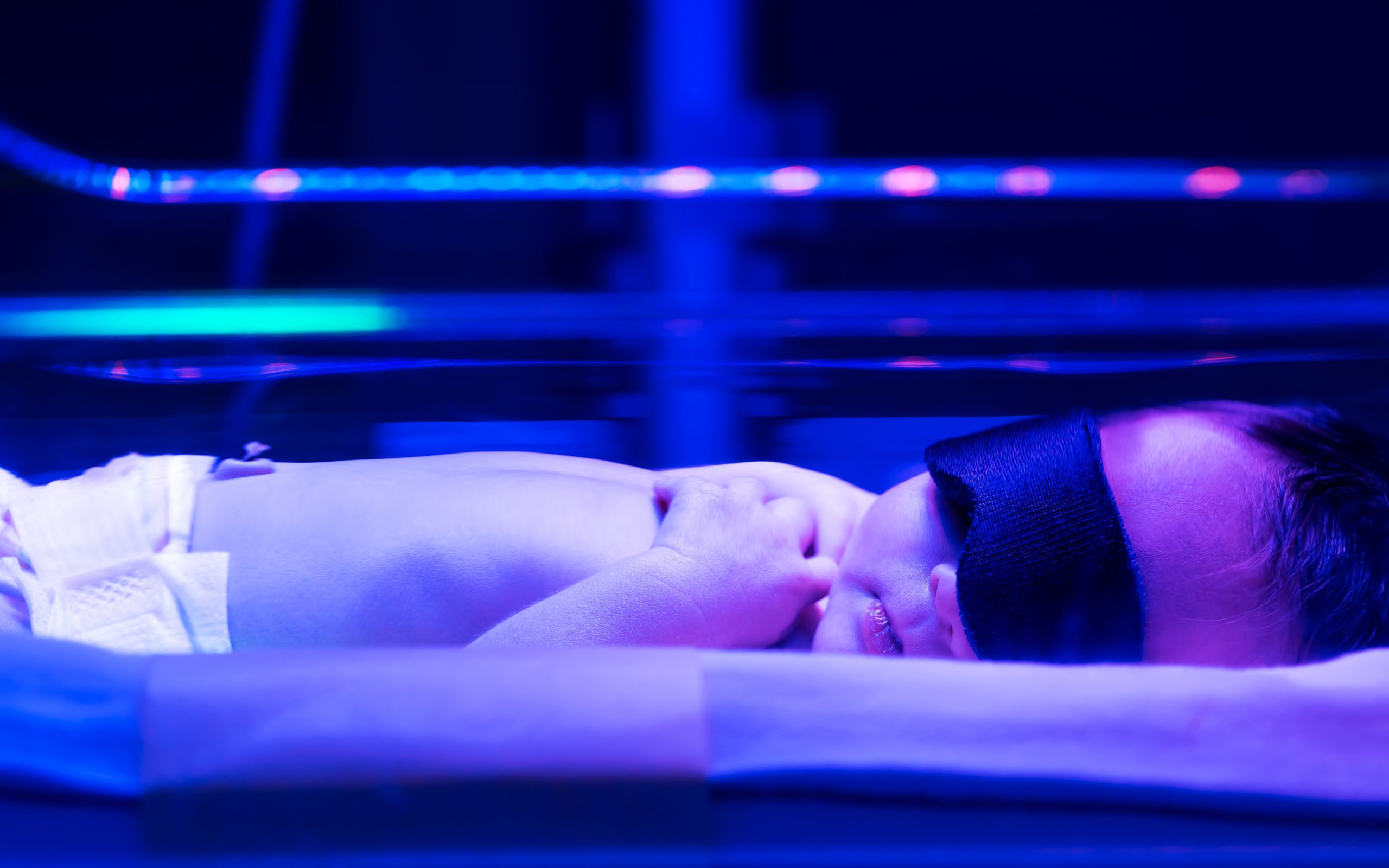Showing Appreciation to the Unsung Heroes of NICUs

AngelEye Health recently sat down to catch up with Kati Knudsen, PT, NPT, CNT, DCS, CLE, lead therapist, in-patient, pediatrics & NICU, at Providence St. Vincent Medical Center. Kati is a seasoned pediatric and NICU therapist with more than 20 years of direct in-patient experience. In addition to achieving a variety of neonatal and pediatric-specific certifications and publishing numerous articles advocating for support for preterm and medically fragile infants, Kati is a leader in the national NICU community. She is currently a member of the Vermont Oxford Network Multidisciplinary Advisory Council, a current member and past co-chair of the Neonatal Therapy Certification Board, and a member of the AngelEye Health Clinical Advisory Board.
AngelEye Health: What role do therapists play in the NICU?
Kati Knudsen: As a therapist dedicated to working with neonates and their families, my role is to support the development and feeding of pre-term and high-risk infants. This is a highly specialized area of therapy practice requiring advanced knowledge and training. The goal of neonatal therapy is to help ensure neonates have the best quality of life possible.
AEH: Why are therapists particularly important in the NICU?
KK: This goes to the heart of providing the best quality of life. We work as integral members of the care team to support the development and feeding of the patient while supporting parents to better understand their neonate and gain the skills to help them be confident in their role as caregiver to a fragile infant.
Every day as a therapist is unique and involves many different care scenarios. For example, today, I helped a baby going through withdrawal by performing an assessment and then helping educate the grandmother on the baby’s needs; later I collaborated with the nursing staff to create a feeding plan for another baby on the unit.
AEH: Working with NICU families, patients and staff can be emotionally and mentally trying. What made you choose to be a NICU/Pediatric therapist?
KK: I started my career in pediatrics and was thrilled at the idea of being able to start with a family at the very beginning of the child’s life. It did not take long for me to realize that I could have an even bigger impact if I could start sooner – walking hand-in-hand with these families throughout their NICU journey. If I could give advice to professionals considering working in the NICU, it’s this: You have to be an optimist. Know that every day brings heartbreak, but you have the gift of seeing right before your eyes how far that baby can go with care provided by you and the rest of the NICU team.
AEH: How are technology solutions like what AngelEye Health offers supporting and elevating the work of therapy professionals in the NICU?
KK: I’m very familiar with the benefits of the technology AngelEye offers. While the bedside camera gives peace of mind, as a therapist, the PatientConnect app and OnlineEducation offerings bring the most value. Often parents are not present when I am providing care, so being able to record what I’m doing and communicate with parents in real-time regarding the rationale of the therapy is incredibly invaluable. The personalization and ease of use is also great for providers like me. If there is specific education a parent or family member needs, it’s easy to assign that into the platform and make it available for them at their convenience.
For more information on AngelEye Health’s suite of TeleEngagement solutions including PatientConnect and OnlineEducation, reach out to chat with the team today at info@angeleye.health
